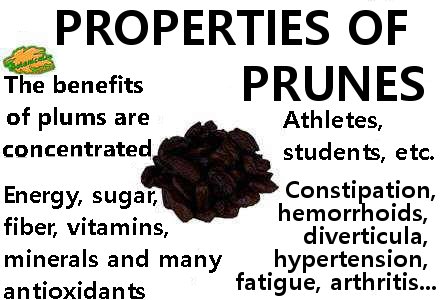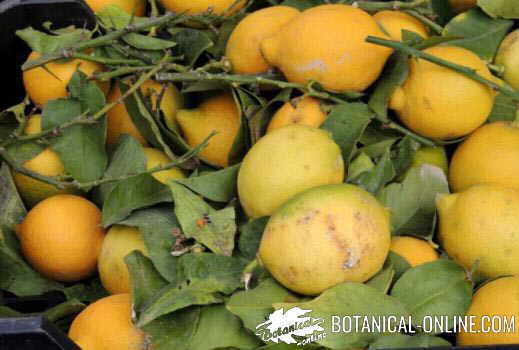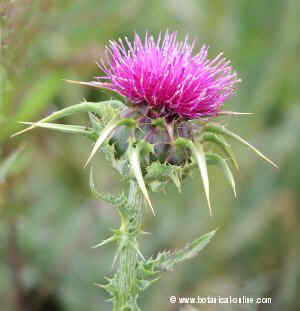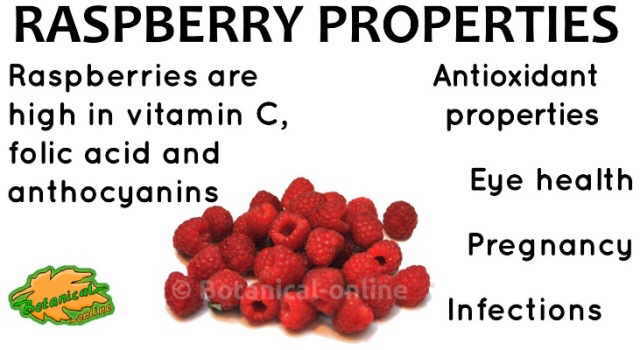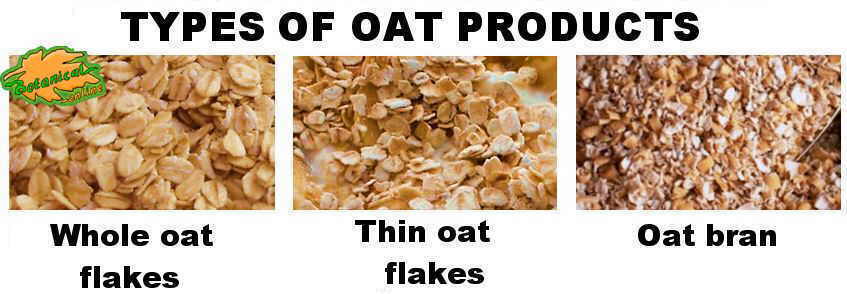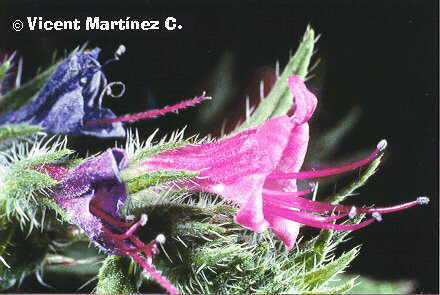Contents
Sweetener additive E 951
CHARACTERISTICS OF THE ASPARTAMUS (E 951)
What is Aspartame?
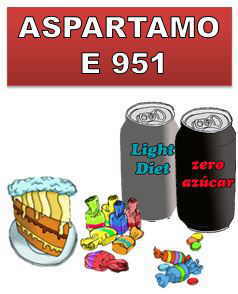
Aspartame or nutrasweet (E 951) is a food additive classified within non-caloric sweetener group.
It provides sweetness without calories, and is also used to enhance the flavor of food.
It is obtained chemically and biotechnologically, obtained by an enzyme action, from two amino acids: from aspartic acid and from the methyl ester of phenylalanine.
Its sweetening power is approximately 200 times greater than that of sugar (sucrose).
Aspartame does not cause cavities.
Chemical properties of aspartame
Aspartame is not a natural product, in the sense that we do not find it in nature, but it is obtained in laboratories.
It is a thermosetting substance and stable to acids.
Chemically it is made up of two amino acids (aspartic acid and phenylalanine methyl ester). Being composed of amino acids (which can be digested), it is not totally noncaloric.
Although the amino acids that make up aspartame are present in most foods, the synthesis of this sweetener is chemical and is not found naturally in food. (It is only contained in industrially processed foods).
Since it is a “new” molecule, in use for just over 30 years, its long-term health effects are unknown.
Food products with aspartame
Foods that may contain aspartame are generally those that are advertised as sugar-free products: sugar-free drinks, low-calorie drinks, desserts, spreads, industrial jams, jellies, sweet-sour preserves, delicatessen salads, mustard sauce, snacks, alcoholic drinks.
Aspartame is not commonly used in baked or cooked food products because it can lose sweetness with cooking.
If it contains this food additive, it must be on the label. Some trade names for aspartame are NutraSweet, Equal, Spoonful, Canderel, Benevia, and Misura. In case of confusion, labels with the warning “contains a source of phenylalanine” or “people with phenylketonuria should not consume this food product” may indicate the presence of aspartame.
In Europe, aspartame is the food additive E 951.
Aspartame toxicity
Like all food additives, food products with aspartame must follow a regulation that regulates the amount and use of this food additive. Not all food products can contain aspartame. They can only be used in those that have been authorized by the European Union, the FDA, or by the corresponding control body in each country.
The amount of this food additive that can be used, according to European regulations, is measured by the ADI (Acceptable Daily Intake). These amounts are determined by a Joint FAO / WHO Expert Committee on Food Additives (JECFA).
In the case of aspartame, the ADI is 40 mg / kg. of body weight in Europe, and 50mg./Kg. according to the FDA.
It could be said that aspartame has a high ADI, compared to other food additives such as saccharin (2.5 mg / kg), cyclamate (7 mg / kg) or acesulfame-K (9 mg / kg. ). In other words, it can be used in more quantity than the previous sweeteners that we have given as an example.
Aspartame for pregnant women and children
The FDA considers aspartame products to be safe for pregnant women in the established doses. It is also considered safe for children, although they cannot take the same amount as an adult, because they weigh less and the intake doses are measured in grams per kilo of weight.
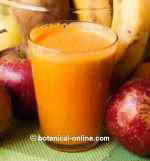 We also recommend that future mothers and fathers give their children other more nutritious drinks such as juices, smoothies or yogurt with fruit shakes, since carbonated drinks do not contain vitamins or minerals, or any health benefits.
We also recommend that future mothers and fathers give their children other more nutritious drinks such as juices, smoothies or yogurt with fruit shakes, since carbonated drinks do not contain vitamins or minerals, or any health benefits.
The consumption of diet, light, zero sugar or sugar free foods should be occasional.
Effects of aspartame on the body
As a result of the digestion of aspartame, methanol and aspartic acid are produced, substances that are not of toxicological concern.
However, phenylalanine can have nervous system toxicity, including headache and dizziness. These reactions occur in response to inhibition of catecholamine synthesis by phenylalanine.
It cannot be consumed by people suffering from phenylketonuria, since in these patients, the accumulation of phenylalanine in the blood is associated with mental retardation.
DOUBTS ABOUT THE SAFETY OF ASPARTAME FOR HEALTHAlthough it is considered a safe food additive, both by the United States Food Agency and by the European Economic Community, there are other studies carried out in mice that have shown that an abundant or very prolonged use of this food additive causes the development of cancerous tumors in these animals, especially in the brain. In addition to being related to the appearance of cancer, the consumption of aspartame is associated with other diseases, such as lupus. |
Other noncaloric sweeteners that are commonly used in food:
![]() More information on food additives
More information on food additives

